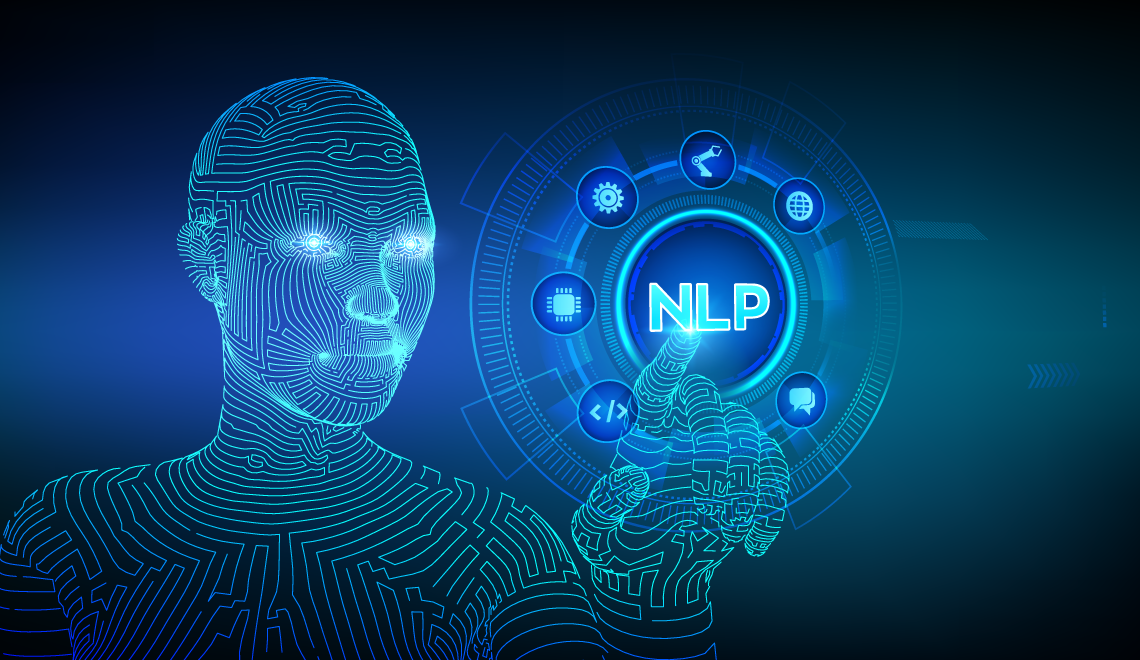
AI’s Revolutionary Advancements in Natural Language ProcessingAI’s Revolutionary Advancements in Natural Language Processing Natural Language Processing (NLP), a pivotal branch of Artificial Intelligence (AI), has witnessed transformative advancements in recent years, revolutionizing the way we interact with machines and enabling unprecedented applications. Understanding Human Language: AI has dramatically improved the ability of machines to comprehend human language in all its complexities. By leveraging vast language databases and machine learning algorithms, NLP models can now: * Identify parts of speech and grammatical structures * Extract meaning from text and determine sentiment * Generate human-like text that flows naturally and coherently Conversational AI: NLP has fueled the rise of conversational AI, enabling machines to engage in meaningful and natural conversations with humans. Chatbots, virtual assistants, and other conversational systems leverage NLP to: * Understand user queries and intents * Provide personalized responses and recommendations * Resolve customer support issues effectively Machine Translation: NLP has revolutionized machine translation, enabling seamless communication across language barriers. Advanced machine translation models can translate text between over 100 languages with remarkable accuracy and fluency. Text Summarization and Extraction: NLP tools have made it possible to condense long pieces of text into concise summaries or extract key information from unstructured data. This capability has applications in news reporting, legal analysis, and scientific research. Sentiment Analysis: NLP models can detect the emotional tone of text, identifying sentiments such as happiness, sadness, or anger. This has applications in market research, customer feedback analysis, and political discourse analysis. Challenges and Future Directions: Despite these remarkable advancements, NLP still faces challenges such as handling sarcasm and understanding complex cultural nuances. Future research will focus on: * Developing more robust and interpretable NLP models * Bridging the gap between human and machine language abilities * Exploring the application of NLP in new domains, such as healthcare and education Conclusion: AI’s transformative advancements in NLP have opened up a world of possibilities for human-machine interaction. By empowering machines to understand and generate natural language, NLP is driving innovation and creating new opportunities across a wide range of industries. As research continues, we can expect even more groundbreaking applications in the years to come.
Posted inNews